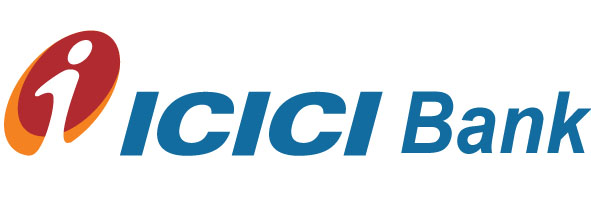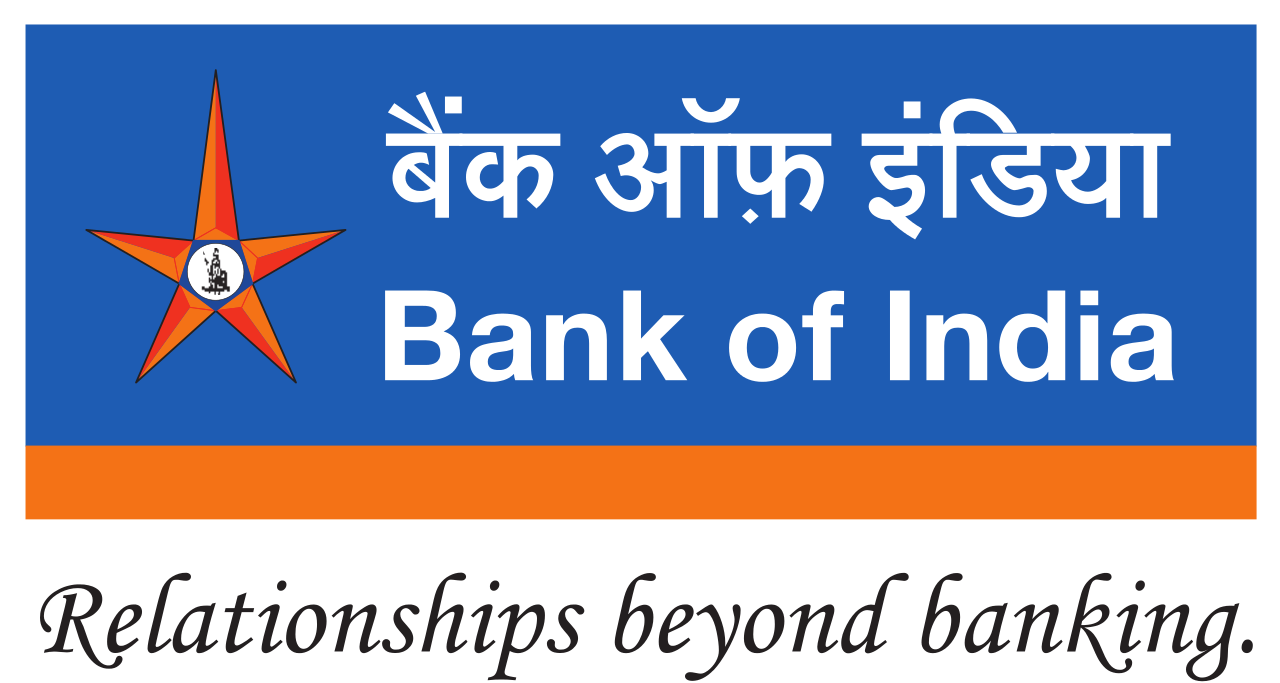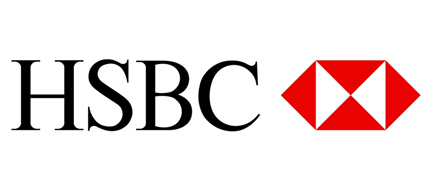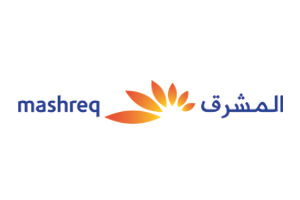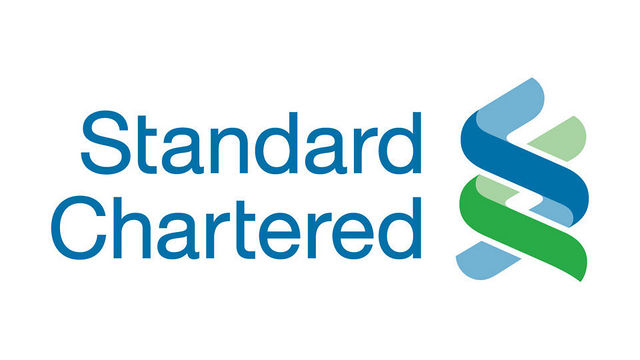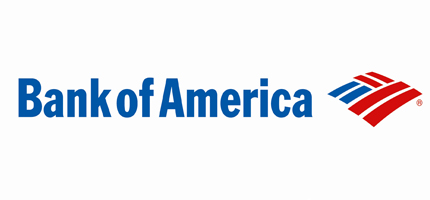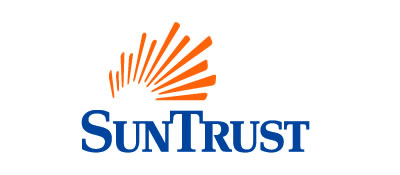PetroStar International
THE GLOBAL ENERGY & COMMODITY GROUP.PSI conducts business across the globe subjecting our company to the laws and regulations of the various countries and territories in which we operate.
- Crude oil
- Gasoline
- Heavy Fuels & Feed Stock
- Middle Distillates
- Naphtha
- LPG(Liquefied Petroleum Gas)
- Natural Gas & LNG
- Bio Fuels
- Ethanol

Crude oil
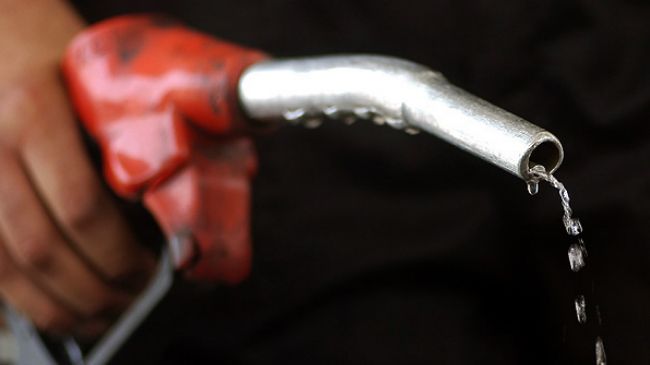
Gasoline
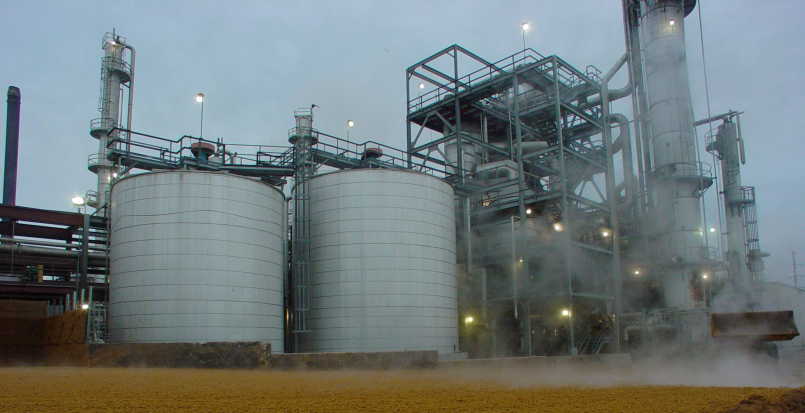
Heavy Fuels & Feed Stock
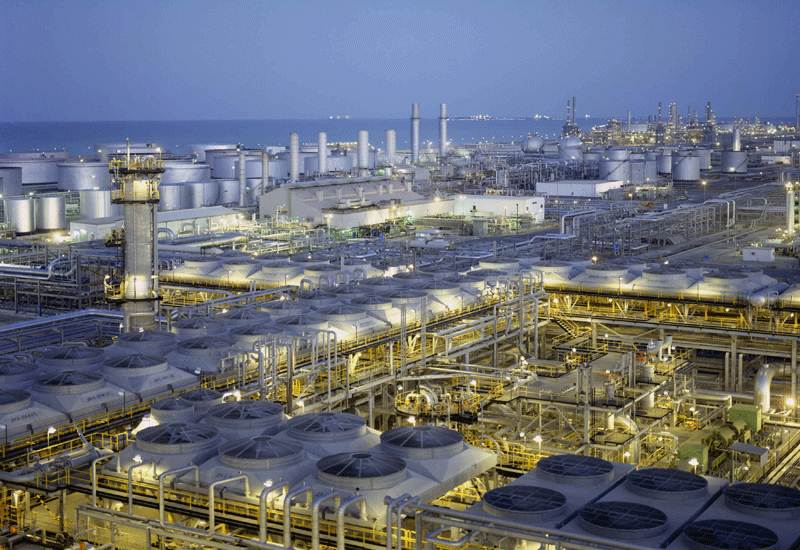
Middle Distillates

Naphtha
- CONCENTRATES & ORE
- REFINED METALS
- IRON ORE
- COAL
- HMS 1 & 2 AND USED RAILS
- PRECIOUS METALS AND STONES
- Construction Material
- NATURAL GAS & LNG
- BIO FUELS
- ETHANOL
CONCENTRATES & ORE
In this complex, specialist market around half of all contracts are based on long-term agreements. The remainder is traded on a spot basis. We have stable, long-term relationships with producers, smelters and consumers.
We source alumina from mines in Australia, Brazil and Guinea. We distribute mainly to smelters in China and India.
Smelters and refiners buy the metal content in the ore. They deduct treatment and refining charges (TC/RCs). Metal prices, energy prices, freight costs and smelting capacity dictate concentrates pricing.
We have off-take contracts with mid- and small-tier miners. We source copper, lead and zinc from resource-rich areas in South America, Africa, Canada, US, Indonesia and China. We transport to smelters in Western Europe, China, Southeast Asia, the US and Japan.
REFINED METALS
The refined metals Demand has quadrupled in emerging economies. In developed economies it has barely changed. China alone now takes more than 40% of global output.
PSI buy from smelters and refiners and sell mainly to semi-fabricators. We also trade physical metals in the professional markets.
Many of PSI metal customers are in Asia. We are one of the few global traders with a domestically registered Chinese subsidiary.
We have established relationships with the key producing areas, with especially strong representation in South America. With mining and logistics operations in Africa, we are well placed to capitalize on opportunities for growth as the continent plays a more central role in global production.
IRON ORE
Iron ore is used almost exclusively for steel production. Until recently the market was mostly contract-based, with fixed-price contracts led by the major producers. The move towards free market pricing has increased competition, but also introduced volatility for smaller concerns.
Historically, most iron ore trading took place in Europe and the US. Today, the customer base has moved eastward. PSI began trading actively in 2011. Adding iron ore trading to our existing capabilities has allowed us to grow volumes rapidly.
We trade with the major producers in key exporting countries like Brazil. We also buy ore further afield from smaller mining concerns, in places like India, South Africa, Mexico, Chile and South East Asia.
COAL
As markets have liberalized we have stepped up our involvement. We have been trading coal actively since 2011. Most coal is traded internationally.
Historically, international trade stayed within Asian consumption is globalizing the market. We regularly ship US, Colombian and South African coal to India, China and the Far East.
We trade with every major exporting country. We’re active in Indonesia, Australia, Colombia, South Africa and the US.
HMS 1 & 2 AND USED RAILS
USED RAILS: R50-R65
Origin: Canada-UK & CISEurope
Specifications and Chemical Composition:
Used Rail: R50 (51.67KG/Meter, GOST 7173-55), Used Rail: R65 (64.72KG/Meter)
HMS 1 & 11:
Heavy melting steel (HMS) or heavy melting scrap, is a designation for recyclable steel and wrought iron. It is broken up into two major categories: HMS 1 and HMS 2. The difference between the two is HMS 1 does not contain galvanized and blackened steel, whereas HMS 2 does. The Institute of Scrap Recycling Industries breaks up the categories further:
PRECIOUS METALS AND STONES
PSIexports all kinds of precious metals and stones with international certificates, approved by the Mint, through insurance and transport agencies.
Import
As a member of the Gold Exchange, PSI is authorized to import and supply precious metals for all purposes.
PSI makes wholesale trades with most of the well-known precious metals companies in Dubai and Hong Kong.
Construction Material
Cement & Clicker
Iron & Steel
Machines & Heavy Equipment’s
NATURAL GAS & LNG
Natural gas plays a key role in the future energy mix of the world. Energy market liberalization in Europe and the Americas increasingly opens existing pipeline networks and storage facilities to new players.
The emergence of Liquefied Natural Gas (LNG) spot trading further allows for price arbitrage across the continents. Access to pipeline capacity, storage and LNG facilities is therefore the backbone of PSI natural gas and LNG growth and diversification strategy.
PSI Group is currently securing long-term contracts and partnerships for access to pipeline gas production, transportation and storage, as well as LNG supplies and LNG shipping and regasification infrastructure. PSI has been actively trading and arbitraging LNG flows originating from Peru, Nigeria, Qatar, Trinidad and Tobago, as well as reloading from various ports in the Atlantic basin.
BIO FUELS
A biofuel is a fuel that is produced through contemporary biological processes, such as agriculture and anaerobic digestion, rather than a fuel produced by geological processes such as those involved in the formation of fossil fuels, such as coal and petroleum, from prehistoric biological matter.
Ethanol
Ethanol, also called alcohol, ethyl alcohol, and drinking alcohol, is the principal type of alcohol found in alcoholic beverages. It is a volatile, flammable, colorless ...
- SUGAR
- GRAINS & OIL SEEDS
- SOYBEAN
- COFFEE, TEA & COCOA
- VEGETABLE & ESSENTIAL OILS & EXTRACTS
- COTTON
- FOOD & BEVERAGES INGREDIENTS
- FERTILIZER
SUGAR
PSI trades raw sugar in bulk, white sugar in bags or containers. We originate sugar from the world’s leading sugar producing countries, including Brazil, handling bulk and bags.
We ship and distribute sugar to customers, industrials, distributors and end-users through our offices in Dubai, India, Hong Kong and other consuming countries worldwide.
We focus on delivering high quality Brazilian sugar at the most competitive prices Our sugar comes from our direct relationship with four different Brazilian refineries. Sugar is a commodity which is constantly in big demand and easily be sold at normal market prices.
GRAINS & OIL SEEDS
PSI operates on an integrated global basis to source, process and transport grain and oilseeds around the world. The main bulk products we handle are rice, wheat, corn, oilseeds, barley and sorghum, as well as vegetable oils and meals. We have developed significant expertise in handling identity preserved and differentiated products that sustain their distinctiveness in overseas markets.
SOYBEAN
Low commodity soybean prices, attractive premiums, and rising prices for genetically modified soybean seed are leading American farmers to plant more acres of non-GMO soybeans this year.
Grain buyers report that acreage increases are expected for both generic commodity non-GMO soybeans and specialty food-grade varieties.
Besides the higher non-GMO premiums, there are other reasons for the increasing acreage of non-GMO this year. It’s cheaper for farmers to plant non-GMO beans if they can limit their inputs and still capture a good price for their production” .With high inputs costs for seed, fertilizer, and herbicide, farmers are seeing the benefits of lower costs associated with putting in a non-GMO soybean crop compared to corn. The organic food industry is also spurring demand for non-GMO soybeans. Organic food companies are switching to non-GMO soybeans until prices for organics drop and the economy improves.PSI successfully delivering the premium quality soy beans to our customers around world.
COFFEE, TEA & COCOA
PSI offers a large variety of gourmet Teas, coffees and cocoa from the inferior varieties to the best producers from south America and Asia. Our coffee is of the same varieties that are being cultivated in Colombia and Costa Rica. However, because no worldwide marketing has been made of this same coffee being cultivated in Peru, prices are more competitive Offers in the international market, are made based on a differential/premium over or under the price of coffee in the Coffee Stock Market in New York.
VEGETABLE & ESSENTIAL OILS & EXTRACTS
Psi has own production vegetable oil including Virgin coconut oil and many others.we are able to provide wide range of Vegetable & Essencial Oils and Extracts in a bulk quantity to our clients ground the world.
Vegetable oils are triglycerides extracted from plants. Such oils have been part of human culture for millennia. Edible vegetable oils are used in food, both in cooking and as supplements. Many oils, edible and otherwise, are burned as fuel, such as in oil lamps and as a substitute for petroleum-based fuels. Some of the many other uses include wood finishing, oil painting, and skin care.
There are three principal methods for extracting vegetable oils. The relevant part of the plant may be placed under pressure to extract the oil, giving an expressed oil. Oils may also be extracted from plants by dissolving parts of plants in water or another solvent. The solution may be separated from the plant material and concentrated, giving an extracted or leached oil. The mixture may also be separated by distilling the oil away from the plant material. Oils extracted by this latter method are called essential oils. Essential oils often have different properties and uses than pressed or leached vegetable oils. Macerated oils are made by infusing parts of plants in a base oil, a process called liquid-liquid extraction.
The term “vegetable oil” can be narrowly defined as referring only to substances that are liquid at room temperature broadly defined without regard to a substance’s state of matter at a given temperature For this reason, some of the entries on this list do not qualify as vegetable oils according to all understandings of the term.
COTTON
Our business is present in every cotton producing and consuming region of the world through our merchandising, ginning and warehousing operations. In Africa, our gins give us access to some of the finest handpicked cottons in the world. we assuring our customers throughout the world of efficient and reliable shipments.
FOOD & BEVERAGES INGREDIENTS
Our food ingredients offerings span the spectrum – from core ingredients to specialty food ingredients to ingredient systems. Not only do we have the food ingredients you need, but also the resources and expertise for creating food and beverage products that appeal to consumer tastes and address their nutritional needs.
FERTILIZER
PSI sells blended NPK (nitrogen, phosphate and potassium) fertilizer formulas, mixed nutrients and liquid fertilizer products to farmers and distributors.
Urea
Diammonium Phosphate
Murate of Potash
- GOVERNMENT SECURITIES
- FOREIGN EXCHANGE
- COMMERCIAL PAPER
- CORPORATE BONDS
- NEGOTIABLE CD
- EQUITIES
- LC, BG & SBLC
- USANCE LC
Government securities
FOREIGN EXCHANGE
Strategic Partnership
Petro Star International has Strategic Partnership with major niche companies with an integrated specialization in the Petroleum & Energy Sectors
Environmental Sustainability
Petro Star international is dedicated to conduct its operations in compliance with environmental Legislation to reduce Environmental impact of all its operation…
Registrations & Banking Partners
USA
ATLANTA- NEWYORK – LOS ANGELS :
303 Peachtree St, Atlanta, Georgia, USA-30303
Email: mail-usa@petrostarinternational.com
DUBAI-UAE: P.O. Box: 14603.
Dubai – United Arab Emirates
Email: info@petrostarinternational.com
SINGAPORE: Holland Wood Court#08-05, Holland Park, Singapore – 1024
HONG KONG: MIRROR TOWER 61, MODY ROAD, TST EAST KOWLOON, HONG KONG
INDIA : COCHIN – MUMBAI – DELHI


